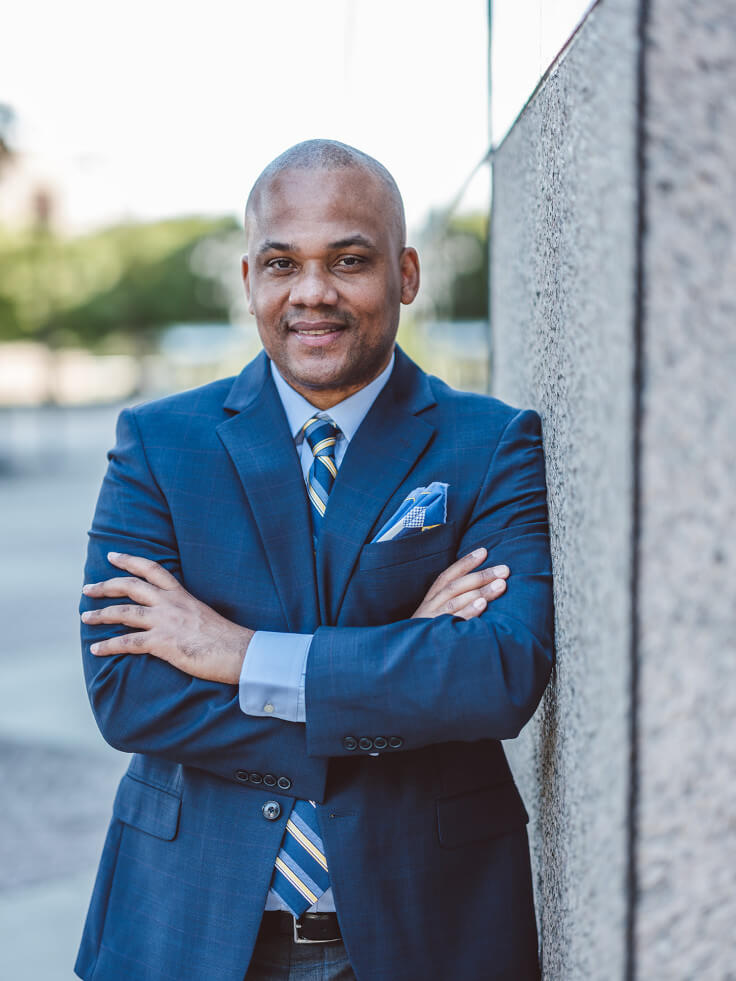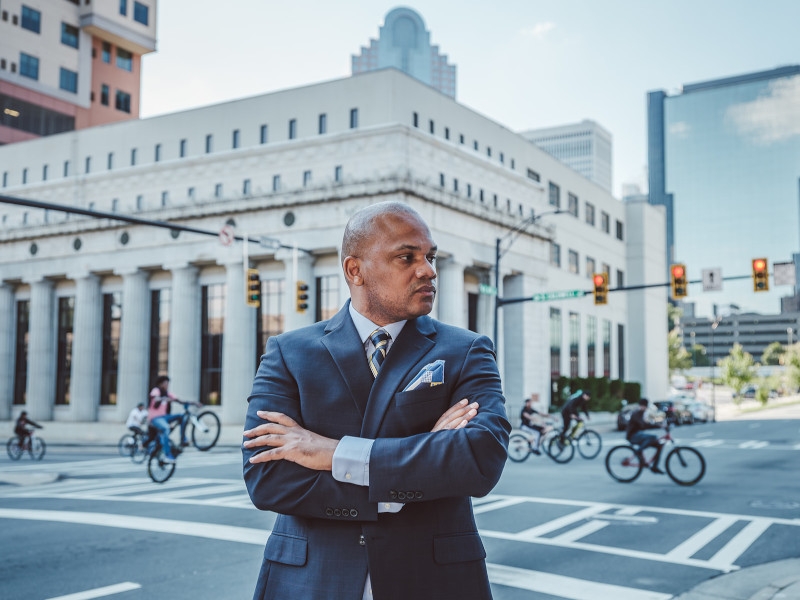Charlotte’s Personal Injury & Bankruptcy Attorney
In Your Corner
Get Protected Now
We work to ensure that every personal injury client we work with is treated fairly. Insurance adjusters are not your friends and not on your side. Your legal representation needs to fight to make sure your injury is taken seriously and that you get the compensation you deserve.
Newman Law fights hard for our injured clients. It makes no difference if your injuries stem from a serious accident or a minor fender bender. No claim is too small, and every client is another opportunity for us to help someone get the treament they deserve from difficult insurance companies and adjusters who are not focused on your best interest and well being. At Newman Law, we don’t let the insurance company doesn’t downplay your injury to minimize your claim.
Types of Personal Injury Claims We Handle
- Car Accidents
- Truck Accidents
- Slip and Falls
- Motorcycle Injuries
- Wrongful Death
- Pedestrian Accidents
- Dog Bites and Dog Attacks
- Workers’ Compensation
For many, becoming injurted in a serious accident is a first-time experience. Many may have questions and concerns regarding how to successfully navigate through the claims process, and Newman Law is here to help. During your free consultation, an attorney assisting you will help you get the treatment you need and detail the amount of compensation you can expect throughout your claim.
Newman Law Builds Your Case
At Newman Law, we help clients achieve a fair result by investigating the facts surrounding the accident, and estasblishing what compensation you deserve for your injuries. Your injuries may generally include, but are not limited to the following:
- Medical Bills
- Lost Wages
- Pain and Suffering
- Other Losses Caused by Another’s Negligence
From the moment you contact our office for assistance with your personal injury claim, you will have access to an attorney. Newman Law understands the importance of routine communication, and approaches every case with the care and attention you deserve.
General Bankruptcy FAQs
What types of bankruptcy are there?
There are four different types:
- Chapter 7: a liquidation bankruptcy enabling you to discharge unsecured debts quickly.
- Chapter 13: a replacement program which last from 36 to 60 months whereby you make payments. Depending on your individual situation, you will repay your creditors between 1% and 100% during 36 to 60 month period.
- Chapter 11: a reorganization bankruptcy for wealthy individuals and businesses.
- Chapter 12: a reorganization bankruptcy form family farmers.
How do I know if I should file for bankruptcy?
There are may scenarios where bankruptcy may be the best option available to save your assets, or prevent one from being in debt for many years. Each person’s specific situation is unique. As such, an attorney at The Law Offices of Paolo M. Newman PLLC, is prepared to consult with you to discuss all options and alternatives available to you. Several common situations where filling bankruptcy may be appropriate are listed below.
1. Will bankruptcy stop a lawsuit against me?
If you are being sued, bankruptcy may be a better and cheaper way to deal with the lawsuit. In fact, you may have options before the lawsuit is finished that will not exist after the lawsuit goes to judgment. In most cases, a bankruptcy filing will stop a lawsuit immediately and will prevent your creditors from placing a lien against your home or from garnishing your wages.
2. Can bankruptcy help me if I can only afford to pay the minimum monthly payment on my credit card(s)?
If you are paying the minimum required payment on your credit card bill(s) each month (roughly 2% of the outstanding balance), and the interest rate is 20%, it could take 15 to 20 years to pay off a $10,000 debt. Filing bankruptcy with The Law Offices of Paolo M. Newman, PLLC can help you discharge these debts to obtain a financial “fresh start” to avoid being in the same financial situation 20 years from now.
How much does it cost to file bankruptcy?
This depends on your individual case and the type of bankruptcy you file. We can discuss this during your free confidential consultation.
Will a debtor lose his or her home by filing bankruptcy?
As long as the person filing bankruptcy follows the bankruptcy plan submitted to the Court, he or she will keep their home.
In what way does a bankruptcy show up on your credit report?
In most cases filing bankruptcy actually helps your credit score. By subjecting your negative credit accounts to the bankruptcy process, you are able to improve your score relatively quickly. Bankruptcy stays on your credit report for up to 10 years.
Are student loans dischargeable in a bankruptcy proceeding?
If you are disabled, or if repaying your student loans create an “undue hardship” you may be able to discharge (forgive) these loans. However, standard is can be difficult to meet; as such, student loans are not ordinarily discharged.
Is the debt that I am discharged from taxable by the IRS?
No. under current income tax laws, discharged debt is not considered taxable.
Are debt settlements considered taxable income?
Yes. If you enter into a settlement with a debt collector or credit consolidator, then the settlement is considered taxable income by the IRS.

